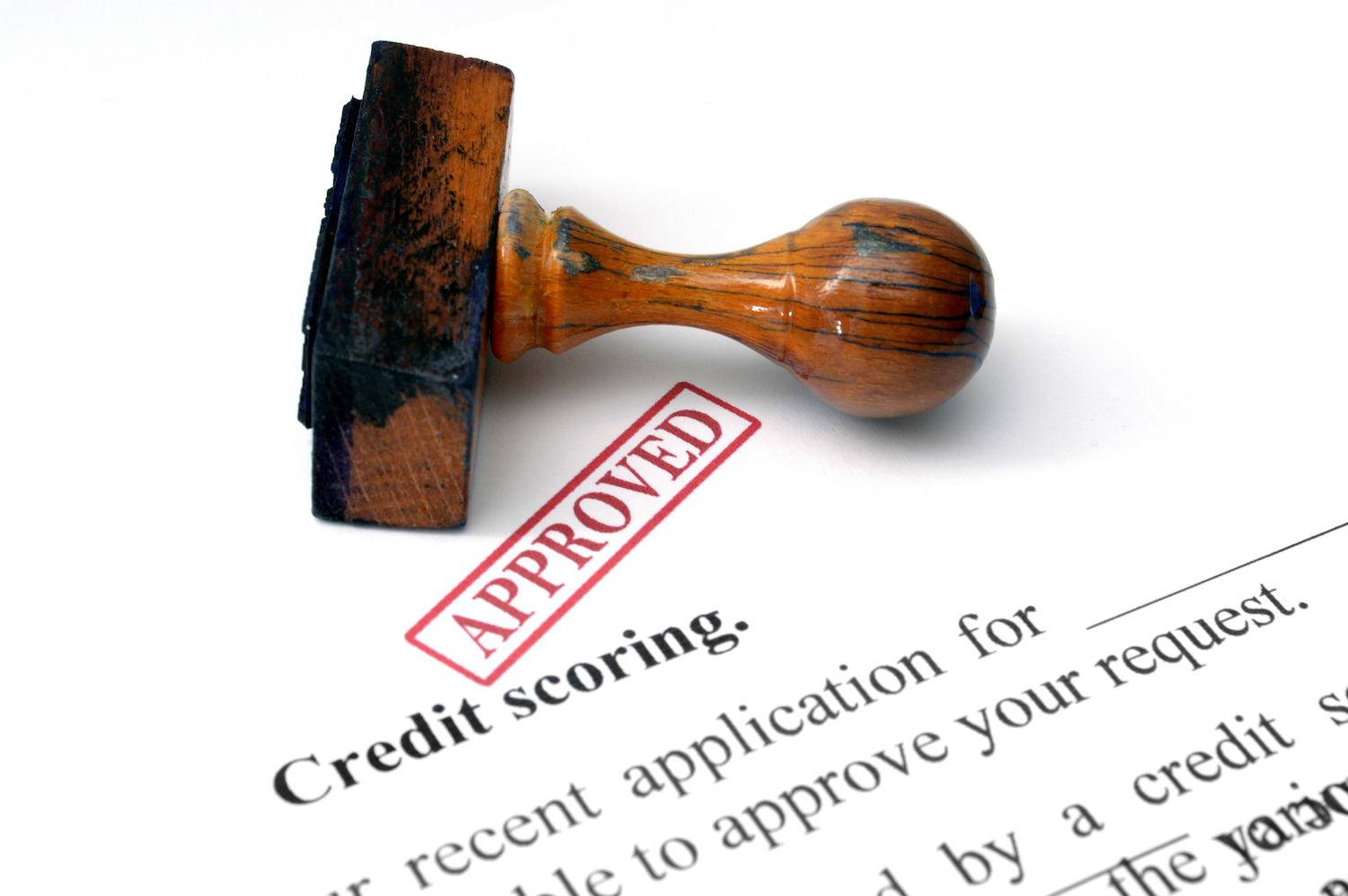Tag: Credit Score
What in the World is HELOC?
August 1, 2024

When the pandemic hit and people had to spend more time at home, they also began to spend more on home improvements. As more and more people began to renovate, the prices of construction and supplies also rose. “Right now, HELOCs might be the best way to pay for home renovations for most homeowners,” says Brian Mollo, owner and chief executive officer of Trusted House Buyers.
A HELOC, or a Home Equity Line of Credit, allows homeowners to borrow against their home’s values and have access to cash they might need. It is essentially a second mortgage or if you already own your home outright, a new primary mortgage. The homeowner is borrowing against the equity of their home minus the amount still owed on the primary mortgage, if there is one.
“Because most HELOCs have a variable interest rate, you may end up seeing the actual interest rate fall, as the draw period is 10 years,” he says. A personal loan or home equity loan by contrast comes with fixed rates that won’t respond to market changes. Of course, rates could also rise, so it’s important that you could afford rate hikes if that happens.
If you’re considering a HELOC, here’s everything you need to know about the line of credit.
Borrowing From Your Home’s Equity
When you need a large loan, borrowing from the equity in your home will often get you the best interest rate. While the annual percentage rate, or APR, varies by lender, other factors include your credit score and existing debt. Lenders want to see a credit score of 620 or higher and a debt-to-income ratio less than 40%. The home’s value should also be at least 15% more than what you owe.
Usually, you can borrow up to 85% of your equity, but this varies by lender. For instance, if your home is worth $300,000 with a balance of $200,000 on your first mortgage and the lender allows you to access up to 85% of your home’s value, then you would multiply the home’s value by that percentage, or $300,000 by 0.85 (85%). This equals $255,000 minus what you still owe ($200,000), which means that you could borrow up to $55,000 with a HELOC. You are not required to use the full line of credit. So if you only need $30,000, but the lender is offering up to $85,000, you may opt to only borrow what you need.
Because a HELOC is secured against the value of your home, the interest rate is typically lower than the one you’d pay on a credit card or personal loan, and closer to that of a mortgage rate. In order to secure the best rate, it’s important to shop around with at least three lenders. Check with your bank or mortgage lender first as they likely offer discounts for existing customers. You may want to opt for lenders that offer a fixed-rate option, which lets you lock in your APR and protects your loan from rising interest rates. This will make your long-term financial planning easier.
HELOCs are Meant for Home Improvements
Most often, a HELOC is used for home repairs or renovations that are meant to increase the value of your home. The interest that you pay on a HELOC is also tax-deductible if you use the money to improve your home and the combination of your HELOC and mortgage do not exceed IRS loan limits. Lenders strongly advise against using a HELOC for anything besides home improvements. “We don’t like seeing people break into the piggy bank and take out equity for other uses,” says Melinda Opperman, president of the nonprofit Credit.org. “Homeowners should only do it if they are using the funds to improve their property,” she says.
There are two phases of a HELOC. The first is the draw period, where you make only interest payments for about the first ten years. Payments towards the principal are optional during the draw period. The second phase is the repayment period when you must make both principal and interest payments until you’ve paid off what you’ve borrowed. With the addition of the principal, monthly payments can rise sharply and surprise the borrower. The length of the repayment varies but typically lasts 20 years.In addition to the interest you’ll pay on the loan, there will also likely be closing costs, which are often between two and five percent of the loan amount. Some lenders also charge annual fees, which are usually about $50 a year.
Using a home equity line to pay for a vacation or to fund leisure is an indicator that you’re spending beyond your means. If you use debt to fund your lifestyle, borrowing from home equity is only going to exacerbate the problem. With credit cards, you are only risking your credit, but with a HELOC, you are putting your home at risk. Experts advise against using a HELOC to pay off existing debt for this same reason. When it comes to purchasing a car or paying for a child’s college tuition, then use a car loan or a college loan, as those also will not put your home at risk.
The Risk Involved With a HELOC
Another consideration to make before resorting to a HELOC is whether or not the value of your home could fall as they did in 2008 during the financial crisis. “The amount of credit available to you through your HELOC is directly linked to your home value,” says Tyler Weerden, financial planner and founder at Layered Financial. “So, what happens if prices drop? In this case, the lender can reduce or even freeze your HELOC, all while you’re still required to make the payments,” he says.
While HELOCs do come with risks, they can also be an affordable source of funds for large projects like home renovations. Whether or not the risks are worth the benefits depends on your financial situation. “The big thing to remember when taking out a HELOC is that no matter what you spend that loan on, you are using your home as collateral,” says Omer Reiner, realtor and president of Florida Cash Home Buyers, LLC. “So be sure that you can afford to pay on both your first mortgage and your HELOC every month, otherwise you risk losing your home,” he says.
A HELOC may not be the right choice for you if you are only looking to borrow a smaller amount of money. In that case, you would be better off considering a low interest credit card. Since HELOCs come with the risk that you may lose your home if you cannot make your payments, they are not recommended if you have trouble making your existing mortgage payments.
By investing in your home with a HELOC, you may end up increasing the value of your home if you plan to sell it down the road. If not, then any improvements to your home will increase the quality of your time spent there with those you love. No matter which route you take, make sure that you’re confident in paying back a HELOC. With Insureyouknow.org, you can keep all of your financial records and home improvement planning in one easy-to-review place so that you may make the best plans for both your home and financial future.
How to Raise Your Credit Score
February 7, 2019
 You’re more than a number. But when it comes time to getting a loan, it may not feel like it.
You’re more than a number. But when it comes time to getting a loan, it may not feel like it.
Your credit score is a numeric representation of your creditworthiness. Lenders use it to determine whether to loan you money for a major purchase or approve you for a new line of credit. It takes into consideration a variety of factors, including whether you pay your bills on time, the amount of credit you’re using, and how long you’ve been using credit.
There are a number of different scoring models, but the two major ones are the FICO Score and the VantageScore. Ninety of the top 100 largest financial institutions in the United States use the FICO Score to make credit decisions. FICO Scores fall into the following ranges:
- 800–850: Exceptional
- 740–799: Very Good
- 670–739: Good
- 580–669: Fair
- 300–579: Poor
The higher your score, the lower the interest rate on your loan will be. Generally speaking, if your score is 760 or above, you’ll get the best rates. This can make a difference of hundreds of dollars a month and tens of thousands of dollars over the life of the loan. For example, someone with a FICO score of 620 could pay over $200 more each month for a $216,000 30-year, fixed-rate mortgage than someone with a score of 760.
So what do you do if your score is on the lower end of the scale? Fortunately, it is possible to improve your credit score, although it takes time and patience. Here are three things you can start doing today to help boost your score:
- Pay your bills on time. Considering payment history accounts for 35% of your FICO Score, paying your bills on time is one of the most important things you can do if you want to improve your credit score. After all, if lenders don’t think you’ll pay them back, they aren’t going to loan you the money in the first place. If you tend to be on the forgetful side, don’t panic: Set up payment reminders or, even better, automatic payments.
- Keep your balances low. The amount you owe on your current accounts determines 30% of your FICO Score. Lenders figure that if you owe too much money to creditors, you may have trouble making your payments and are at risk of defaulting on your loans. They look carefully at your credit utilization ratio, or the amount you owe versus the amount of credit you have available. Because revolving debt such as credit cards carry more weight than installment debt such as mortgages, it’s important to keep your credit card balances as low as possible.
- Make more than one payment a month. Even if you pay off your credit cards in full each month, you may want to consider making payments throughout the month instead of waiting until the end of your payment cycle. Your credit score is a snapshot in time; if it is calculated right after you pay off your balance, your credit utilization ratio will probably look great, but if it is calculated right after you make a big purchase like a new couch, it might look too high. Making multiple payments a month will ensure your balances remain low and you won’t look like a risky bet to lenders.
Just like any other important financial documents, your loan agreements should be stored in a secure place. When you upload them to InsureYouKnow.org, you and your loved ones will be able to access them should the need arise. It’s just one part of maintaining a fiscally responsible lifestyle.
